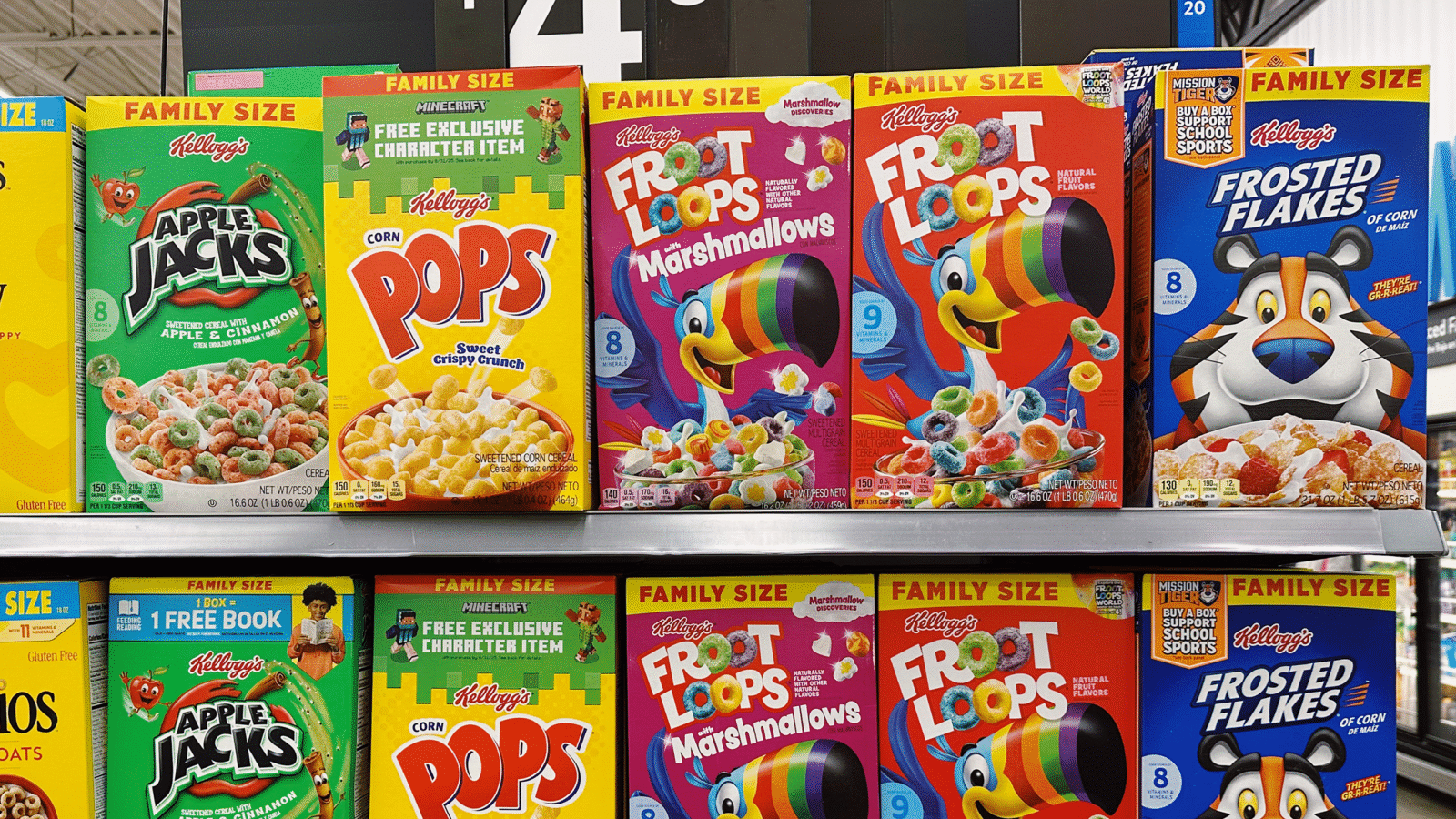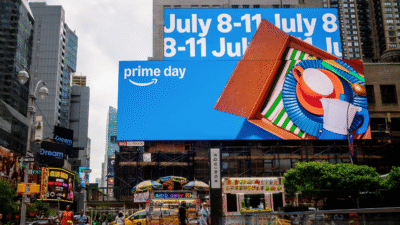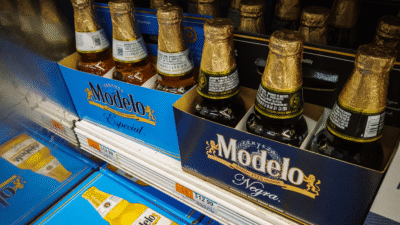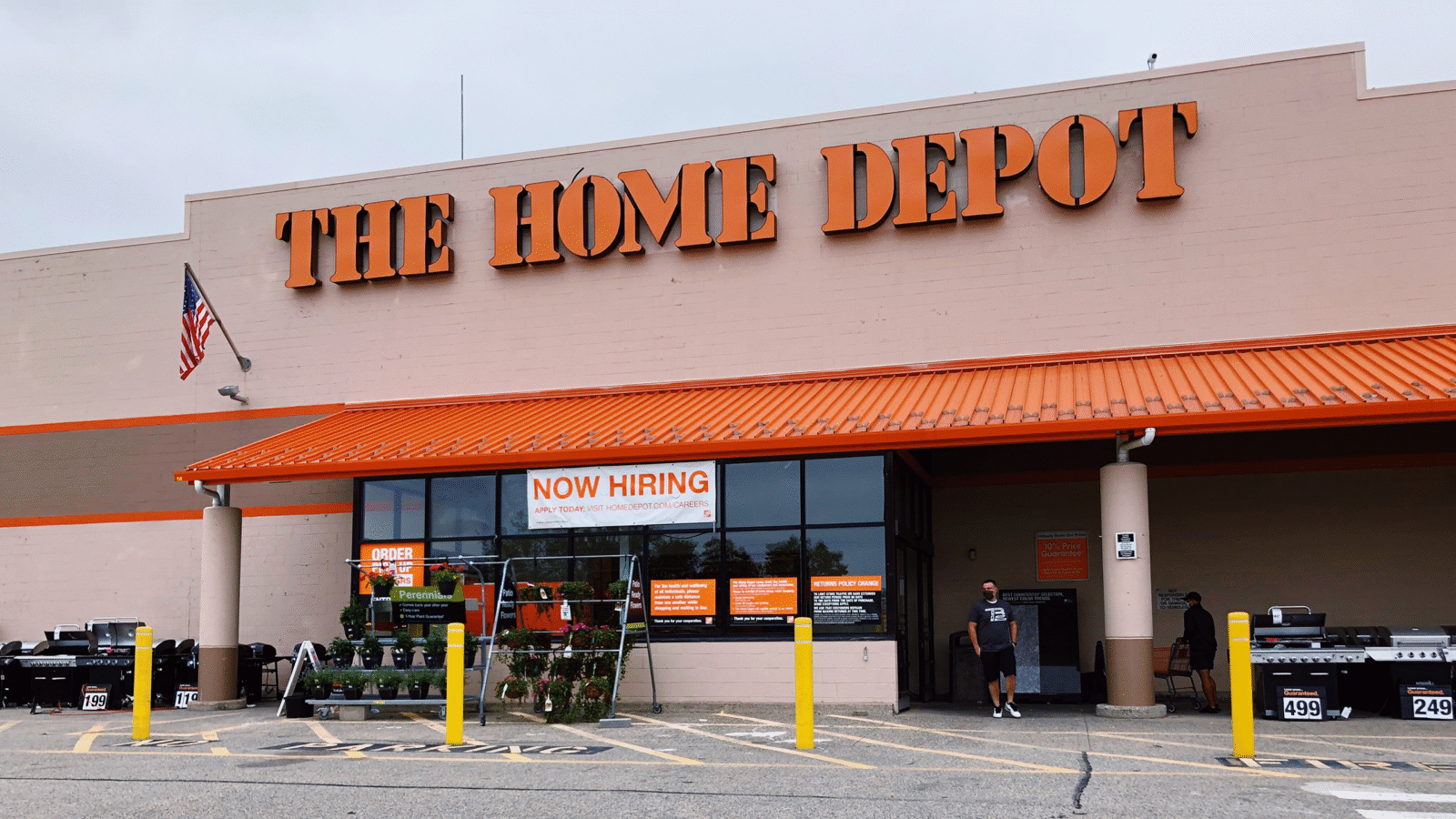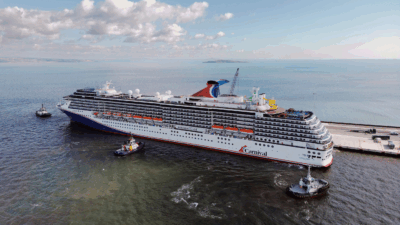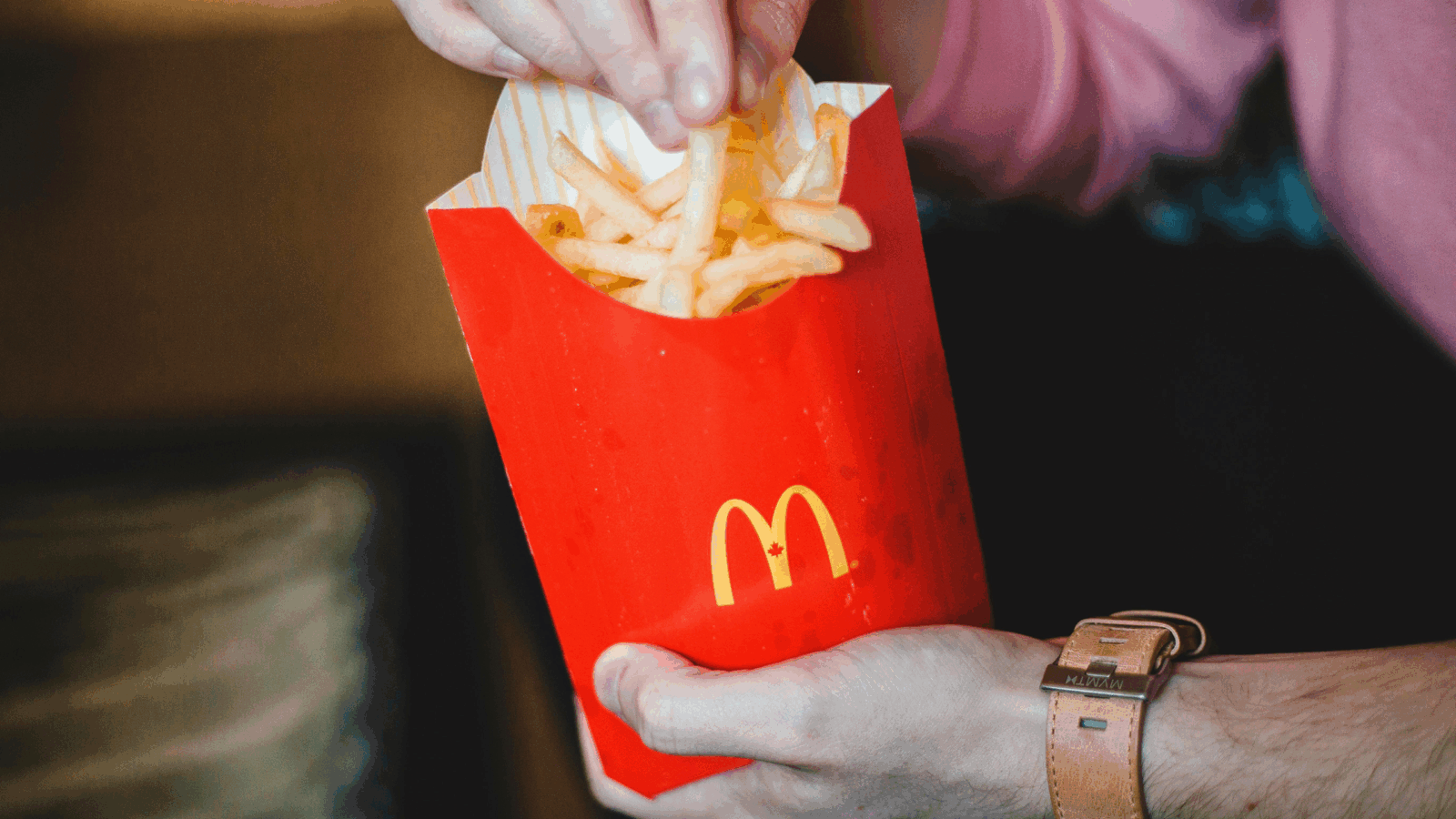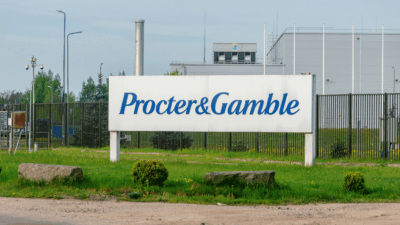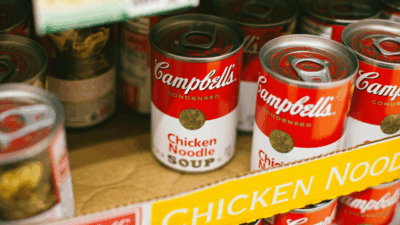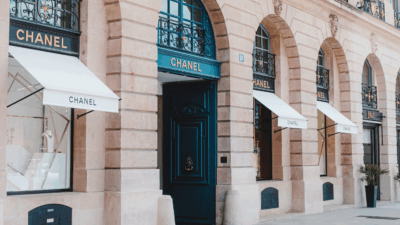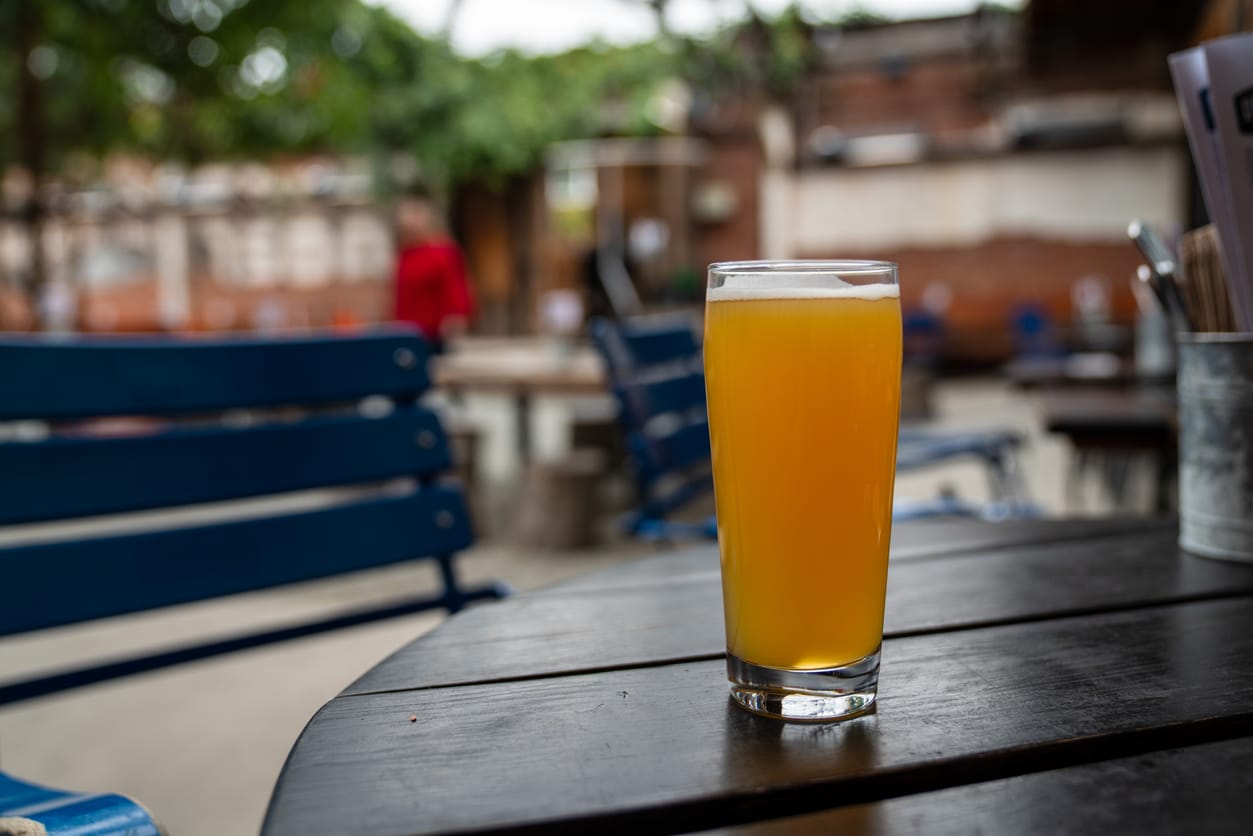
Sign up for smart news, insights, and analysis on the biggest financial stories of the day.
Depending on who you ask, trendy hard seltzer brand White Claw is either the greatest thing since humans started fermenting drinks in 7000 BC or the most annoying Instagram accessory since the app was founded in 2010.
But for Boston Beer, the storied maker of Sam Adams, the hard selter craze prompted by White Claw has turned from boon to bust — the company lost money in a quarter for only the fifth time in 26 years thanks to a big bet on its bubbly alcoholic drink, Truly.
The Morning After
Led by White Claw, the hard seltzer market took off in recent years and hit $4.3 billion in annual sales last year as waist-watching consumers flocked to low-calorie alcohol options. At the peak of the craze, in late 2019, sales were so high that stores were rationing White Claw before rationing was a thing. Molson Coors, Constellation, Anheuser-Busch, and other big brewers rushed in with their own hard seltzers to capitalize.
But hard seltzer sales are now coming down from a malted, gluten-free sugar high. Beginning in June, monthly retail sales growth of hard seltzers fell from 16% in the previous three months to around 10%. And no one has been hit harder than Boston Beer:
- Boston lost $58 million in the latest quarter because demand for its hard seltzer fell off a cliff, forcing the company to take a $100 million writedown after throwing out inventory and paying shortfall costs to vendors.
- Its stock already down 47% on the year, Boston said 2021 retail sales for the hard seltzer market will come up 100 million cases short of estimates.
We Are Not Alone: Constellation Brands, the owner of Corona and Model, took a $66 million obsolescence charge on its hard seltzer line in August, which caused it to miss Wall Street earnings estimates.
No Can Brew: Beer sales, meanwhile, continue to fall. Molson Coors’ ale sales, for instance, were off 6.4% in the first six months of the year.
